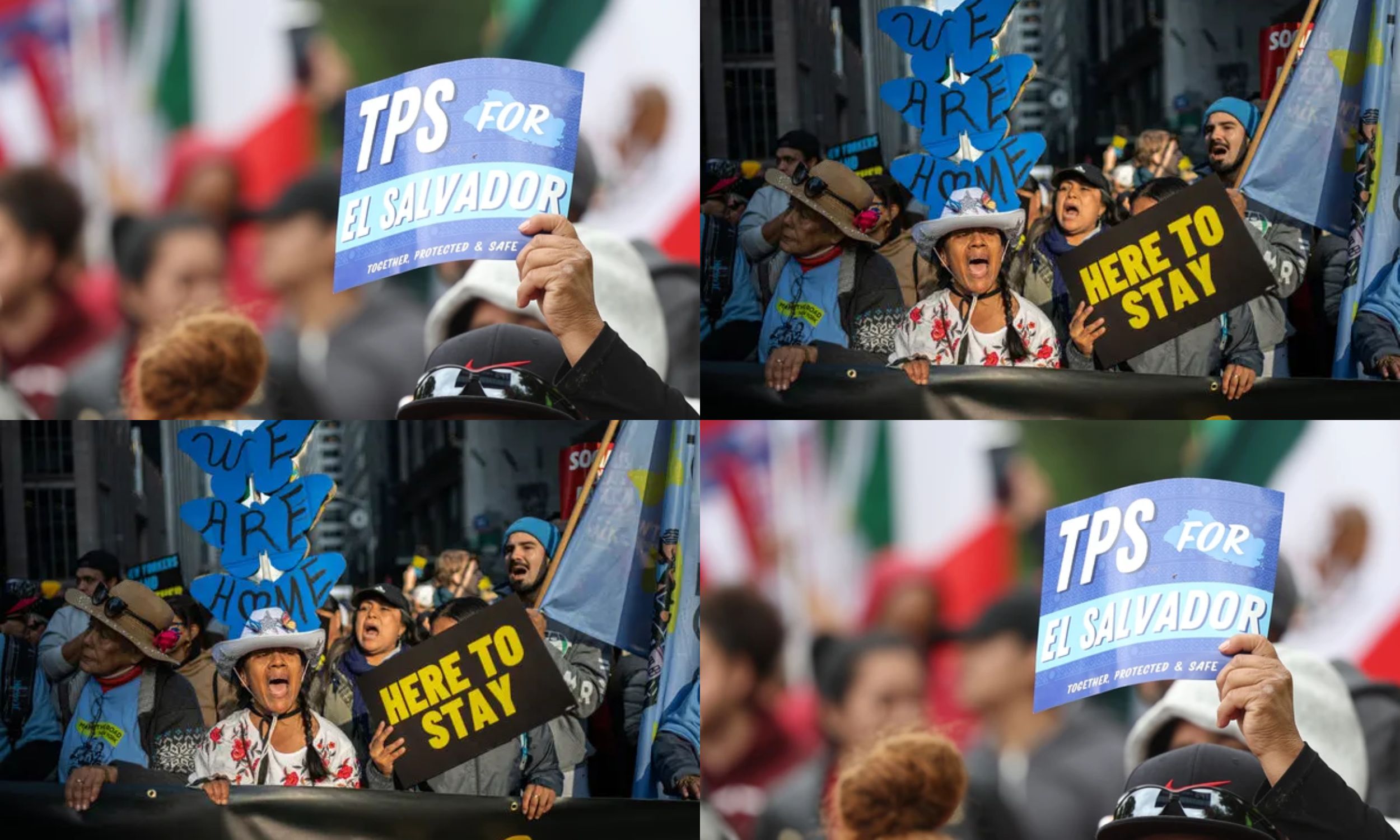Donald Trump is once again targeting the immigration program known as Temporary Protected Status (TPS), a policy that allows approximately 1 million people from conflict-ridden countries to remain in the U.S. until conditions improve in their home nations. This mirrors his approach during his first presidency.
Last month, Trump expressed his intent to revoke TPS for Haitian migrants living in Springfield, Ohio, stating, “Absolutely I’d revoke it. And I’d bring them back to their country.” Americans should carefully consider the potential fallout from ending the TPS program.
Beyond the humanitarian impact, such a move would be costly to U.S. citizens, likely increasing the undocumented population and potentially fueling further illegal immigration. Howeover, there’s no certainty that those who lose TPS would leave voluntarily or even be deported.

The TPS program allows individuals from countries experiencing natural disasters, civil war, or extreme violence to stay in the U.S. temporarily. Countries such as Afghanistan, Lebanon, Venezuela, and Ukraine are examples of nations where TPS is granted, providing migrants, including those who entered the U.S. illegally, with a temporary safe haven to live and work without the threat of deportation.
For many, TPS has been essential. If Trump follows through on his promise to end it, uprooting these long-term residents would disrupt families and communities, and sending them back to dangerous conditions could amount to a death sentence.
Take Haiti, for example, which has endured civil unrest, gang violence, earthquakes, and hurricanes in recent years. Forcing migrants to return to such perilous situations would likely violate fundamental human rights.
Many may not realize that ending TPS would also have broader effects on Americans. A 2019 University of Southern California study estimated that TPS recipients contributed $4.6 billion annually in taxes at the federal, state, and local levels—a figure likely to have grown since then.
If Trump eliminates TPS, those contributions would be lost, while the government would incur additional costs to arrest, detain, and remove individuals. In particular, Florida, where the largest concentration of TPS holders resides, would be hit hardest, according to the Miami Herald.
Ironically, ending TPS would likely lead to a rise in the number of undocumented immigrants. Those who lose their protected status would join the ranks of the nation’s 11 million undocumented residents, potentially spurring further illegal migration.
Research has shown that remittances from TPS holders help alleviate the pressures driving unauthorized migration, thus any disruption to the program could exacerbate these pressures.
The plan to end TPS is flawed not only logistically but diplomatically. It remains unclear whether the U.S. government would be able to deport individuals to countries like Syria or Venezuela. Instead, many TPS holders could end up in detention facilities, costing taxpayers for their continued care.
Currently, TPS recipients are contributing to the economy, working in essential sectors such as agriculture, construction, and hospitality. Removing their lawful status would undermine their productive roles without offering any substantial benefits.
Opponents of TPS label it as “amnesty,” arguing that it grants migrants permanent status. This claim is false. TPS does not offer a path to citizenship or green card status, and it is temporary, typically lasting up to 18 months with the possibility of renewal. TPS designations for certain countries have ended when conditions in those nations have improved.
It is important to note that TPS was established by Congress and signed into law by President George H.W. Bush in 1990. The law mandates that it cannot be revoked without an official assessment by U.S. government agencies to ensure the safety of deportees. Ignoring this legislative intent would represent an overreach by the executive branch.
The next president will have considerable power to shape immigration policy. However, ending TPS would be a chaotic, inefficient, and costly decision that would harm migrants from troubled nations as well as many Americans.


